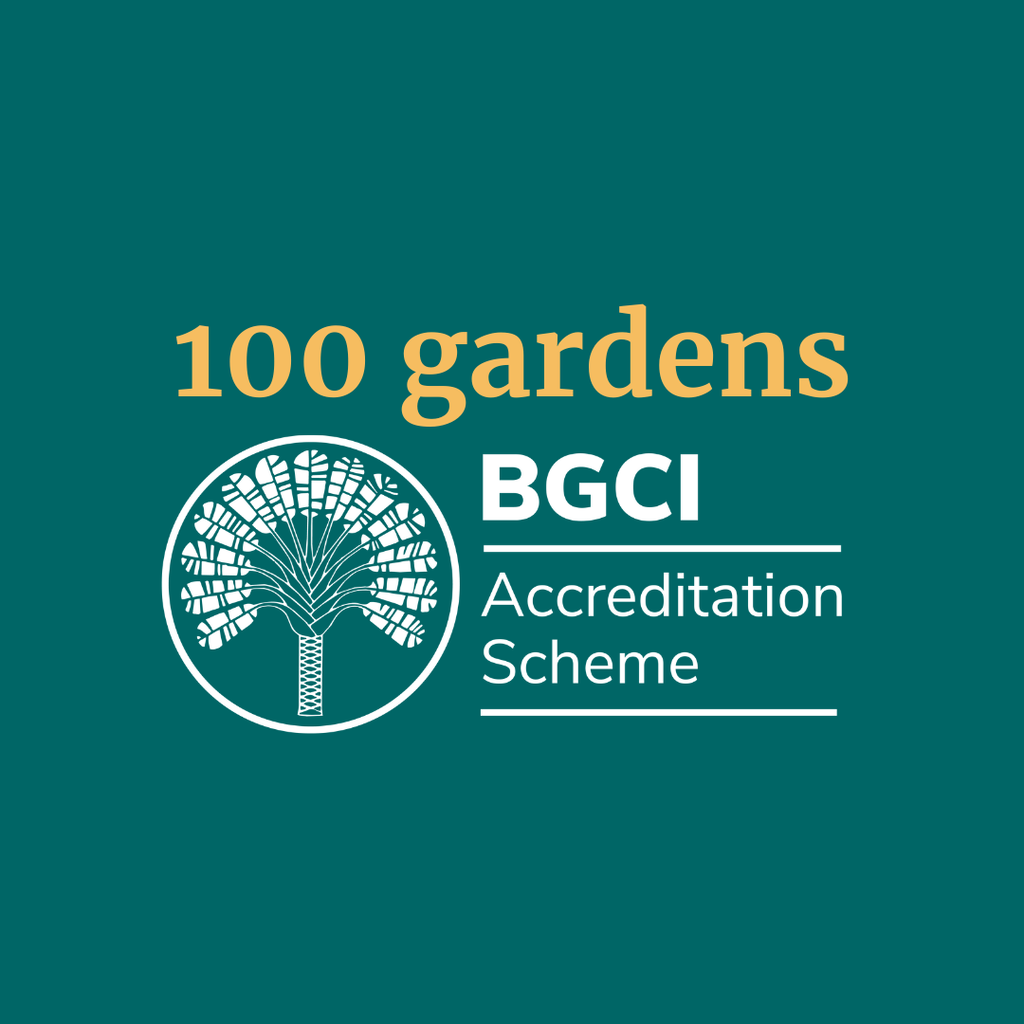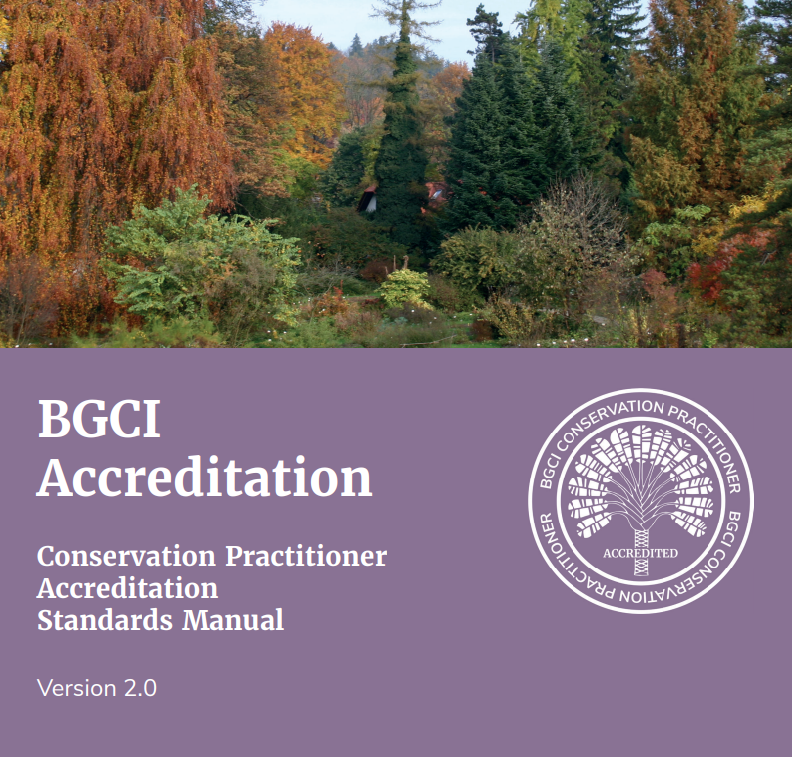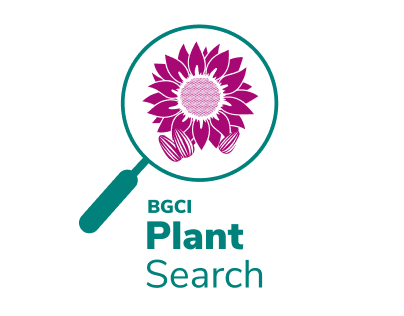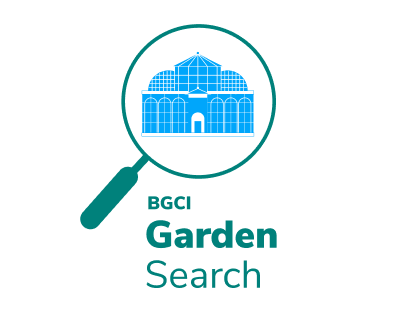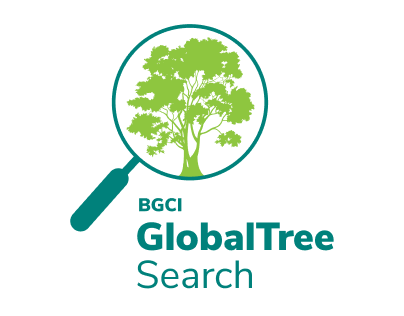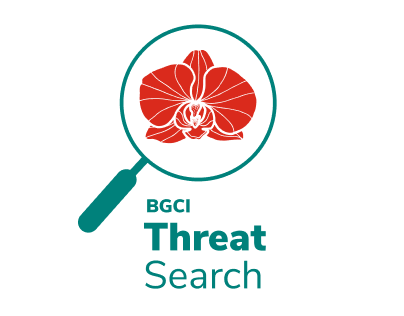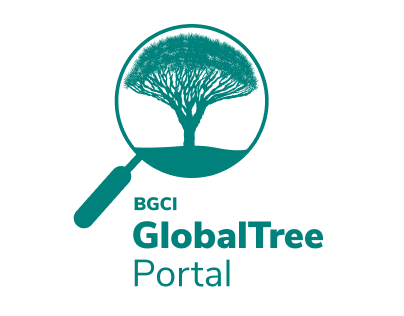About the BGCI Accreditation Scheme
Introduction
The BGCI Botanic Garden Accreditation is aimed at botanical institutions wishing to establish their credentials as botanic gardens. Organisations applying for accreditation will be assessed on criteria encompassing leadership, collections management, horticulture, public education, community/cultural activities, conservation actions, scientific research, staff, networking and sustainability.
The BGCI Conservation Practitioner Accreditation recognises botanic gardens with a conservation-oriented approach. Advanced Conservation Practitioner Accreditation recognises botanic gardens with a focus on conservation actions that support local, national or global conservation goals. Institutions may apply for more than one accreditation.
News on the BGCI Accreditation Scheme
BGCI’s Botanic Garden Accreditation is open to BGCI members and non-members. For BGCI members there is no charge. For non-members a fee of $100 will be required to cover administration costs. BGCI’s Conservation Practitioner Accreditation is only open to BGCI members, and there is no fee. BGCI’s Advanced Conservation Practitioner Accreditation is only open to BGCI members and a fee, $500, will be charged for the BGCI Conservation Assessment on a cost recovery basis.
For successful applicants, Certificates of Accreditation will be issued together with an accreditation logo that recipients can use on their website, letterhead, etc. Recently accredited gardens will be highlighted on the BGCI website and in the BGCI newsletter, Cultivate. In addition, recently accredited Advanced Conservation Practitioners will be publicised in BGjournal, the journal for botanic gardens.
Wherever possible, BGCI will work with national and regional associations to co-brand and manage reciprocal accreditation arrangements.
Rationale
Activities that botanic gardens do uniquely well – such as documenting, understanding, growing and conserving plant diversity across the taxonomic array – are not sufficiently recognised by policymakers and funders. This has led to the erosion of the values and activities that define a botanic garden compared to a public park, for example.
The BGCI Botanic Garden Accreditation assesses and places a high value on the unique skills, knowledge and data in botanic gardens.
It is also BGCI’s experience that botanic gardens frequently don’t realise that their collections, knowledge, data and skills are highly relevant to the conservation and management of rare and threatened plant diversity.
The BGCI Conservation Practitioner Accreditation is designed to motivate gardens to engage in plant conservation.
The Conservation Practitioner Accreditation recognises existing contributions and provides a clear road map for the most achievable next steps to the advanced conservation efforts recognised in the BGCI Advanced Conservation Practitioner Accreditation.
We believe that accreditation motivates and informs botanic gardens, thus empowering them to do more plant conservation so that we can better achieve our collective missions.
Accreditation can result in tangible benefits for participating gardens – such as recognition, peer comparison, creating standards for excellence, and funding – and will act as a motivator for botanic garden leadership.
Scope
BGCI’s Botanic Garden Accreditation is designed to be as inclusive as possible, but still ensure a level of standards across botanic gardens. For this reason, the criteria it measures will assess and value the fundamental components of a botanic garden.
BGCI defines these components in the BGCI Technical Review: defining the botanic garden, and how to measure performance and success as:
- A reasonable degree of permanence
- An underlying scientific basis for the collections
- Proper documentation of the collections, including wild origin
- Monitoring and long-term maintenance of plants in the collections
- Adequate labeling of plants
- Open to the public
- Communication of information to other gardens, institutions and the public
- Promoting conservation through extension and environmental education activities
- Exchange of seed or other materials with other botanic gardens, arboreta or research institutions
- Undertaking of scientific or technical research on plants in the collections including taxonomy, molecular biology, biochemistry, ecology, biodiversity conservation and other disciplines
- Conserving rare and threatened plants in ex situ collections (e.g. in the garden, seed banks etc.) and, wherever possible, in their natural habitats
- Compliance with international and national regulatory frameworks (e.g. the CBD, CITES, plant health, invasive species etc.)
- Adoption and promotion of sustainable practices such as renewable energy, water conservation and waste recycling
- Adoption and promotion of ethical standards related to knowledge, data sharing, procurement, commercialization and employment.
Methodology
The BGCI accreditation assessment criteria can be divided into two categories:
- Policies and Infrastructure: Policies, infrastructures and practices in place that are fundamental to botanic gardens (e.g. well documented collections, infrastructures, etc.)
- Conservation and Sustainability Activities: Specific conservation, sustainability and ethical actions, including public engagement, training, research, ex situ conservation, in situ conservation and policy-related activities.
To be accredited as a BGCI Botanic Garden, institutions will need to show that they carry out a range of conservation-related policies, practices and activities. For the Conservation Practitioner and Advanced Conservation Practitioner accreditation, botanic gardens will need to show that they are carrying out a wide range of conservation actions.
BGCI will assess the policies, infrastructures and practices of candidate gardens through several mechanisms:
- Through a questionnaire/application form, uploaded evidence and declaration.
- Through the candidate’s own and BGCI’s databases, PlantSearch, ThreatSearch and GardenSearch. PlantSearch and ThreatSearch will provide information on the conservation significance of collections. GardenSearch will provide information on infrastructures, staff resources, etc.
- Through garden publications, including Strategic Plans, Annual Reports and scientific publications.
Peer Review will take two forms:
- For the BGCI Botanic Garden Accreditation or the BGCI Conservation Practitioner Accreditation, BGCI staff will review the online questionnaire and documentation provided by gardens.
- For the Advanced Conservation Practitioner Accreditation, in addition to the online questionnaire and documentation submitted, botanic gardens will be required to carry out a BGCI Conservation Assessment, including an external review by an anonymous external review sub-committee of the International Advisory Council of BGCI.
All data submitted by gardens will be treated as confidential by BGCI and external reviewers. Gardens will receive specific guidance from reviewers on what they can fix or enhance to reach the next level.
Share
